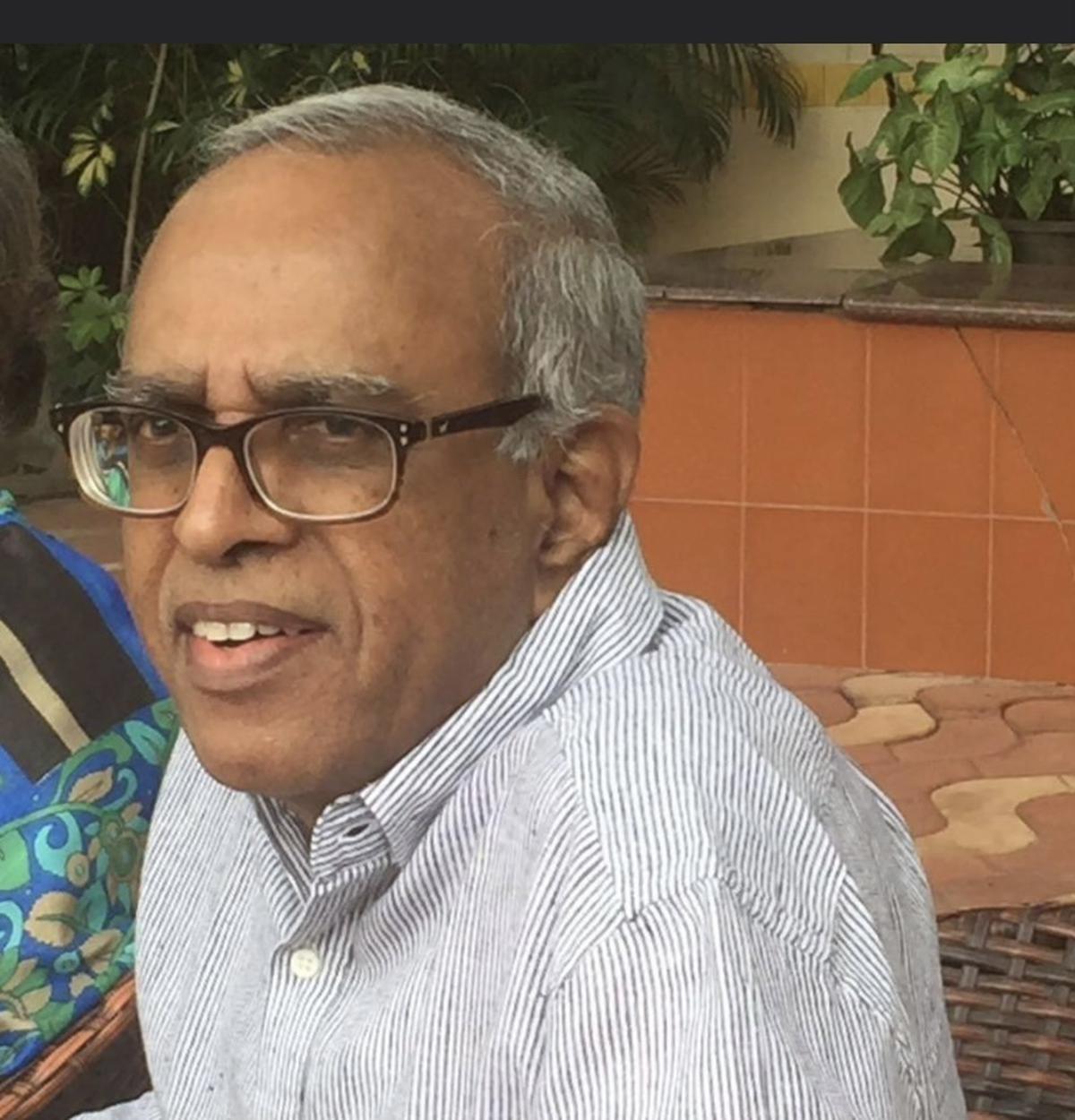[ad_1]
Chimpanzee Zippy arriving at the Madras airport in 1955
PV Gopalakrishnan, now 77, speaks about the Fifties like it was yesterday.
He was in Class V when he first heard about Zippy, a chimpanzee specially being flown in to Madras to shoot for the SS Vasan-backed Hindi film Isaniyat (1955). “Zippy took Madras city by storm,” Gopalakrishnan writes in his latest book, Nitrate Saga (published by Zero Degree Publishing). In fact, The Hindu wrote on that ocassion: “No film star in recent times received such a tumultuous reception as was accorded to Zippy, the chimpanzee, at the Meenambakkam airport when he arrived with his trainer and owner.”
This fascinating story from the early Fifties relating to Madras and movies forms part of a key chapter, titled ‘Not all Heroes were Human’, in Gopalakrishnan’s labour of love. Nitrate Saga, a two-part book , aims to tell the evolution of Tamil cinema and put the spotlight on the several movers and shakers of the industry that today’s audiences are less familiar with.
Though he was born in Palakkad in 1945, Gopalakrishnan’s family moved to Madras in 1949, and all of his childhood years were in the city. “My exposure to Tamil cinema started ata young age, when I accompanied my relatives to cinema halls for the big releases. The songs fascinated me,” says Gopalakrishnan, over a telephone conversation from Bengaluru, where he is currently based. That fascination blossomed into a passion for cinema and its key stakeholders, a topic that interests him till date and sowed the seeds of his current book.

Author PV Gopalakrishnan
| Photo Credit:
Special Arrangement
That he chose a life of accounting and auditing did not take him away from this passion. During his Chartered Accountancy articleship in the Sixties, his major clientele happened to be prominent producers and people in the movie business, and that, in turn, got him closer to the industry. Spending several weeks poring over the accounts of ALS Productions, which owned Sharada Studios and a major producer back then, got him acquainted with the who’s who of the industry and the major film events of that time. “During my time there, I had several interactions with A Muthuswamy Iyer aka Murugadasa, a veteran director, who regaled me with lots of stories about tinseltown,” recalls Gopalakrishnan, who has audited films like Senthamarai (starring Sivaji Ganesan and Padmini) and Thirudathey (starring MG Ramachandran and Saroja Devi) among others. Apart from hearing real on-set stories, he also got the opportunity to meet a few of the characters who were featured in them. “I’ve been tongue-tied coming face to face with some of the doyens of cinema whom I knew only from the big screen,” he says.
All that, and subsequent readings of the columns of popular film chronicler Randor Guy in The Hindu, got Gopalakrishnan very interested in the subject. In 2009, after his retirement from jobs that saw him being based in Africa and Dubai, Gopalakrishnan started blogging on rare old film songs. He used to post one track a week and post trivia on it for fellow music listeners; this series featured more than a 1,000 songs. This grabbed the attention of many, including the Chennai-based The Cinema Research Centre, a not-for-profit public archive of Indian cinema that seeks to promote film culture from an educational and artistic perspective, thus resulting in him writing an extensive series about the history of Tamil cinema.
The culmination of this tryst with cinema is Nitrate Saga, a book in English that he intends to target at inquisitive minds and film buffs who would like to know more about how cinema came about. While the first part deals with the period from the Silent phase to the Fifties, the second, highlights people who made the magic happen. And this, believes Gopalakrishnan, is something people, especially film buffs, will be interested in. “In the past, a lot of people believed that Bollywood was Indian cinema, but I feel that the South has been a pioneer in the evolution of the film industry.”
Nitrate Saga reiterates that.
[ad_2]
Source link


